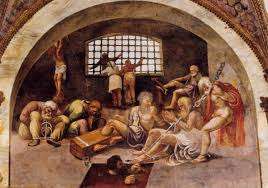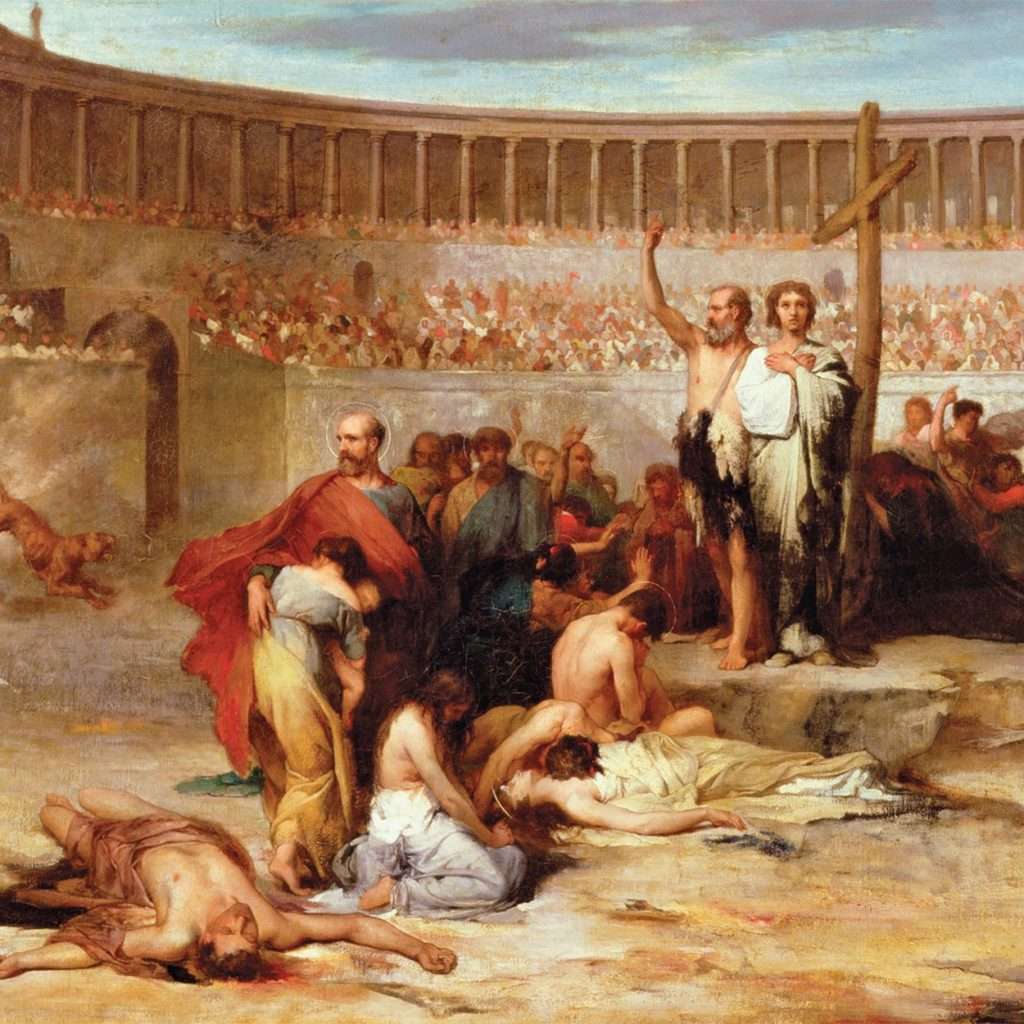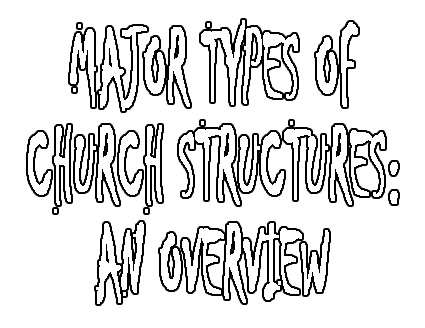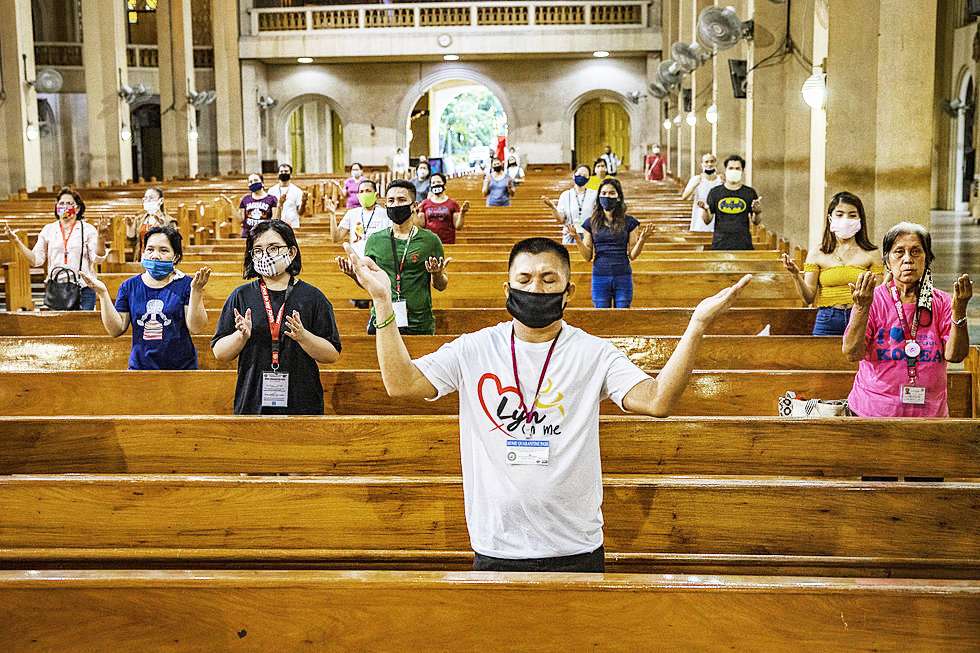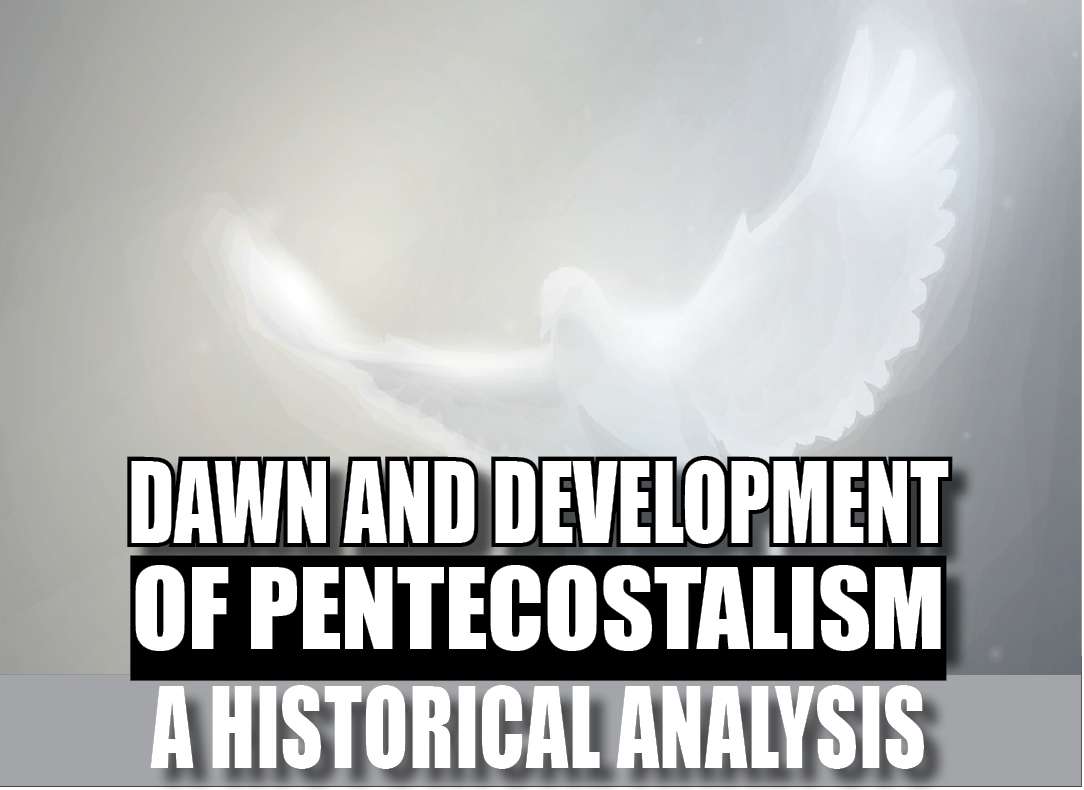
Theological Research: An Imperative of Christian Church
Dr. Rajeevan M. Thomas
Learning is an on-going process - from womb to tomb
Similarly, research is also a spontaneous program. It can be primarily
divided into two - formal and informal education or research. Formal education or learning is institutional oriented education with a prescribed syllabi and curriculum, accomplished within a prescribed period of study. Whereas informal education is an irregular and on-going education process outside the class rooms and curriculum.
It is obvious that education and its aids distinguishes humans from other creatures. Basic learning usually takes place at home, and parents are the primary teachers and text books. But scientifically, it commences with school and continues in
colleges/universities. Thus, the important study centers are home, schools, colleges, research centers, religious institutions like church, para-church organizations, seminaries, Bible colleges, etc. The general study methods are lessons by teachers, reading, writing, memorizing, reciting, experimenting, discussions, etc. Students are advised to supplement their advanced knowledge with research programs.
Peripherally, the terms ‘studying’ and ‘learning’ are synonymous and inter-related but distinct in its praxis. According to Mark Burrows, studying is an act of gaining the information and pouring over it, deciding what is relevant and what is not. But learning is absorbing the information, testing its validity to the point of being able to understand the information. In long and short, studying is a process and learning is its by-product. After graduate and post-graduate studies, students focus on research programs – and most of these programs mainly focus on secular education. Nevertheless, the need and scope of research programs are increasing in the theological levels to empower the life and witness of Church both in the local and national levels or beyond.
Meaning and Definition of Research
Before we talk about theological
research, we need to deal with the preliminary concerns of research.
Research is an ongoing process which never terminates. There are two types of researches: formal and informal. Formal research is academic oriented and applicable in secular and theological fields.
Academic research is basically a search, not simply a search but it is a re-search. In fact, it is an advanced form of search to get more knowledge of an event, person, place, subject, idea, and so on. The academicians, scientists, theologians and others conduct research to solve or find solutions to various
human problems, questions, issues, etc. According to the NSOE Dictionary, Research is “a search or investigation undertaken to discover facts and reach new conclusions by the critical study of a subject or by a course of scientific inquiry." Decoding or analyzing this definition, reveal to us the following facts:
1. What is research?
This definition gives two
answers: (i) research is basically a search about a prolem.
(ii). research is a kind of investigation on an issue or a problem.
2. What is the purpose of research?
There are two aims of research:-
(i). to discover facts about an issue or a subject.
(ii). to reach new conclusions on a problem or question.
3. What is the special nature of research?
This definition gives two facts:
(i.) It is not a casual study but it is a critical study.
(ii.) It is a scientific study.
Similarly, according to R.H Dictionary, Research is “a diligent and systematic inquiry or investigation into a subject in order to discover or revise facts, theories and applications.”
When we amplify this definition we may get similar or additional facts about research as:
1.What is research?
(i.) research is a meticulous study.
(ii). research is a systematic examination of a problem or a subject matter.
2.How many subjects or topics one can select for a formal research?
(i.) the number of issues selected for research is one. If one selects more issues and problems, he/she cannot finish his research within a specific time.
3. What is the purpose of research?
(i.) to discover different hidden facts of a topic or problem.
(ii.) to revise the available or existing facts.
(iii.) to discover new theories on a particular question or issue.
(iv.) to revise or reread old perspectives and facts, and discover new facts and theories.iv.to discover the new avenues of application of the new theories and solutions discovered through research.
From the above discussion, it is obvious that research is a serious study of a particular topic to attain higher knowledge. Research is not expected to learn or study something about everything but learning everything about something or one topic or question.
Differences Between Theological and Secular Education
The comprehensive process of education can be divided into secular and theological education. Secular education basically designates the scientific or non-religious studies. The ultimate purpose of this stream of education is to shape and secure the future of the receiver of education in the society/nation, particularly, the employment avenues. Secular education focuses on the impartation of information or knowledge and, subsequent formation of the integral personhood of the students. In other words, it concentrates primarily on the intellectual quotient (IQ) and hardly with emotional quotient.
Theological education is primarily focused on religious or spiritual instruction. The word ‘theology’ itself refers to the study or science of God. Bible is the primary source of theology and in fact, theological education also refers to the study of scripture, its meaning and relevance to the past and present context. Theological education is giving information about God/scripture; this information leads to the process of transformation; and finally, to total transformation of the learner. In other words, it gives equal weightage to intellectual quotient, emotional quotient and spiritual quotient. In fact, it is a holistic and well-balanced learning program. Among the contemporary world religious scenario, Christianity is the top religion which promotes more theological research. The vast Christian literature is the child of these formal and informal researches.
Biblical Imperatives of Theological Research
Bible is the primary source for theological research. It is the library of 66 books. Church is the academy. Holy Spirit is the supervisor/mentor/guide of the research. The process of research includes the raising unanswered questions, collecting the data or sources, scrutinizes and analyzes the sources, derivation of facts happens and they are interpreted and articulated before presenting them as a report.
God is a researcher par-excellence. The very creation hymns and its planning itself depict this fact explicitly. The creation of heaven, earth, all creation including human beings, the crown of creations is not just a sporadic or accidental action but a natural result of careful research, discussions and planning. Being a universal teacher and mentor for all who seek research pursuits, He is the source of all source of wisdom and knowledge.
According to the Psalmist David, “I (God) will instruct thee and teach thee in the way which thou shalt go. I will guide thee with mine eye.” (Psalm 32.8). Holy Spirit is also a research facilitator. Jesus’ aphorism on the Sermon on the Mount can take as a motivating factor for theological or even secular research. He says, “Ask, and it shall be given you; seek, and ye shall find; know, and it shall be opened unto you.” (Mathew 7.7).
Study is a journey towards the known things but research is a journey from unknown area with an intention to know something. Here the researchers should ask lot of questions and you will get the answers and solutions; seek all possible sources and you will get the research sources; knock at the doors of libraries and it will be opened for you. Research would keep you updated and relevant. If we are not updated, we will be outdated. Apostles like Paul, John and others also shared similar concerns to conduct research on the spiritual concerns (I Corinthians 2:10; 1 Thessalonians 5.21; 2 Timothy 2:I5-18; John 4:1).
St. Luke is proved to be a prolific researcher in the New Testament (Gospel of Luke 1:1-4). Thus, Bible/God is not only a resource but also a great motivational force to theological researches.
The Need of Theological Research in Churches
The academy of Jesus is the prototype of all Christian theological academies and researches. All the seminaries and theological academies are its enhanced forms. Christianity is the only world religion in which its founder Jesus Christ envisaged that all the people of the world should be the disciples and they need to be taught well as per the Great Commission. If somebody wants to teach well, they must do proper learning and research. Hence, Christianity is a religion of learning and research. The Great Commission shows the moorings of theological learning and teaching. Nazareth Manifesto of Jesus is the practical avenue and assignment of the church. It is a cluster of socio-economic problems with variations as per the different nations in the Global South and North. If we want to engage in effective Christian mission, we must study our social and other contexts to interpret the Word of God more effectively in a systematic way. The Church and Society are the two foci of our missionizing and theologizing tasks.
The initial period of Christian church, the apostles and evangelists want to propagate the gospel to their nearby contexts. It became more complex when Christianity expanded into the Greco-Roman regions and beyond. It became more challenging when the church confronted with Greek philosophy, heresies and controversies. Theologians and church leaders spent time in study and research in order to formulate the doctrines and creeds of the early church.
As we live in the 21st century with the scientific/ technological advanced ideologies and praxis, the church needs to confront multifaced challenges: religious pluralism, fundamentalism, communalism, globalization, secularism, corruptions, exploitations, various dehumanization process, anti-Christian laws, persecutions, caste systems, racial and ethnic issues, gender inequality, pandemics and so on. The church needs more and systematic researches and profound theologians to serve as the thinktank to theologize such challenges in a meaningful way. Whenever and wherever we hear about theological education, majority of the believers may delimitate it into ‘Bible study’ at ‘Bible Schools’.
Theological education as many misjudged is not simply a study of 66 books of Bible to prepare sermons and exhortations. It includes both studying the Bible and studying about the Bible along with its original historical context as well as its relevance to the present context/s. The Church needs diligent and systematic researches to survive in the present days.
Impact of Theological Research on Church
Church is a socio-religious institution and people’smovement. The mission of the church today is not simply the propagation and conversion method of past but rooted in holistic mission focused on the body, soul and spirt of all individuals in a given society. The Church in the 21st century needs to face lot of challenges from within and outside. As we live in an information age and high-tech society, we face a lot of changes. The graph of changes is high in socio-political, economic, religious, cultural and other avenues of human life. The traditional meaning and message of the biblical text is getting irrelevant in these changing scenarios. It must be updated and relevant with new hermeneutical and re-reading methodologies. The text should re-read and re-interpret from a polyphonic perception to have relevant meaning and implications. Due to the progression of secular education and intellectual sophistication, the response and questions of the people including the church members towards the scripture, spirituality, mission, the value systems, the Christian ethos are also changing. Through advanced learning and systematic research, theological community/ Church can handle these issues more meaningfully and healthy ways. Church or mission agency cannot do the ‘light and salt’ functions without having a sufficient knowledge of the challenges and needs of the societies/nations.
1. Theological researches help the church to get inclusive knowledge, new meanings and messages of the scripture.
2. It will support the church to meaningfully address the challenges and issues emerging from the church and society.
3. It will aid the church to be relevant in the new and changing situations.
4. It also helps the Body of Christ to enlarge the working scope and resources to identify the various problems of the common people to create a wider community.
5. It will help the members of the church do a self-critical re-examination and learn from others to re-envision the vision and mission.
6. It will safeguard the church to get rid of heretical teaching as well as keeping the orthopraxis, wider unity, fellowship and communal harmony.
7. It will help the church to be more vibrant and younger to keep up the antiquity and continuity of her life and witness.
8. It will cater the church to execute adequate contextualization, indigenization, apologetical, polemical, philosophical, dialogical approaches to the relevant situations.
9. It will furnish sufficient biblical and Christian theological literatures for the present and future needs of the church.
10. It will mold a galaxy of better theologians, teachers, mission and Church leaders to lead and guide in the future
11. It will empower and enlighten the Church to be an effective catalyst for the holistic transformation of church and society.
In long and short, theological research is an essential segment of the Christian Church for the diverse functions related to the life, theology, witness. The Bible is an open-ended book which permits or demands needful interpretations and researches to make it more relevant to our contemporary context and issues.
After every research, the Church will benefit enough to address an issue or an unanswered question more systematically and meaningfully. Though God and His Word do not change, our contexts are always changing. New challenges emerge which demand new responses and contextual re-readings of the Scripture. If the church is not updated, she becames outdated. The theological researchers can help the Church to club the faith and reason for the generation or regeneration of proper theological and missional deliberations in the secular and sacred worlds. They can also serve as the intelligent nexus between the Theological Academy and theChurch. They can serve as the think-tank beacons and ideological powerhouse of the Church.


